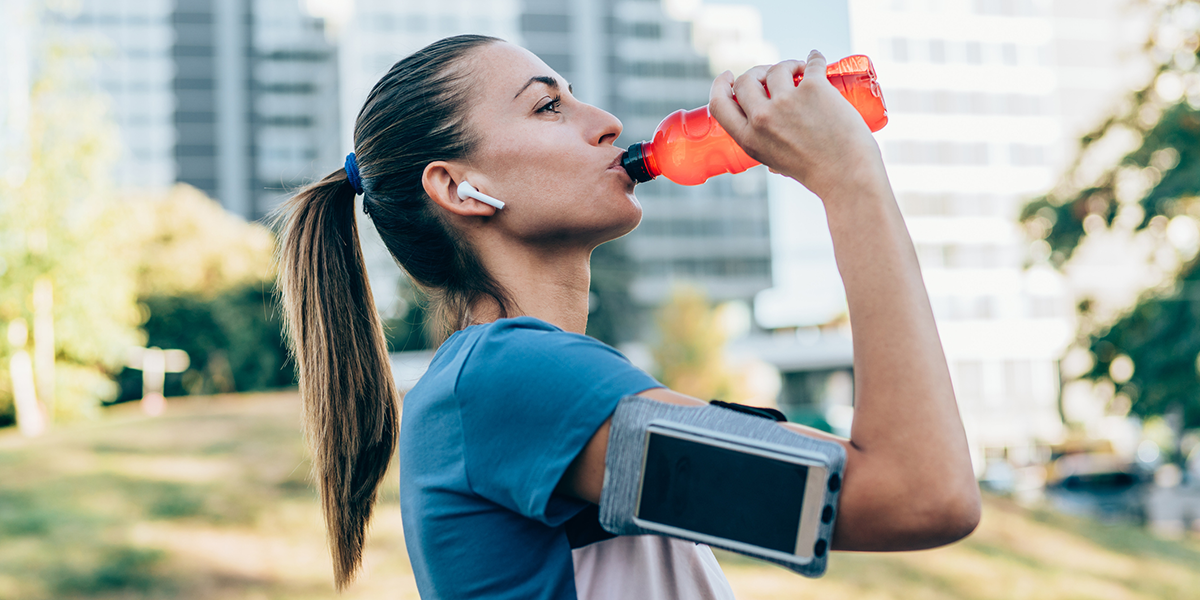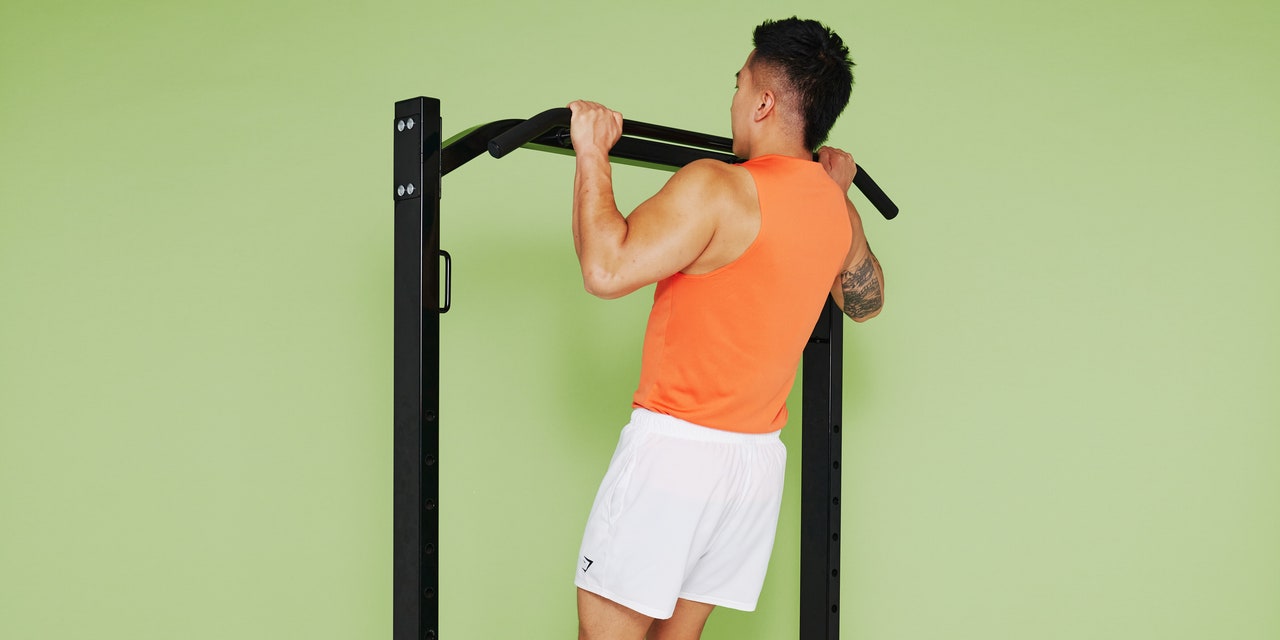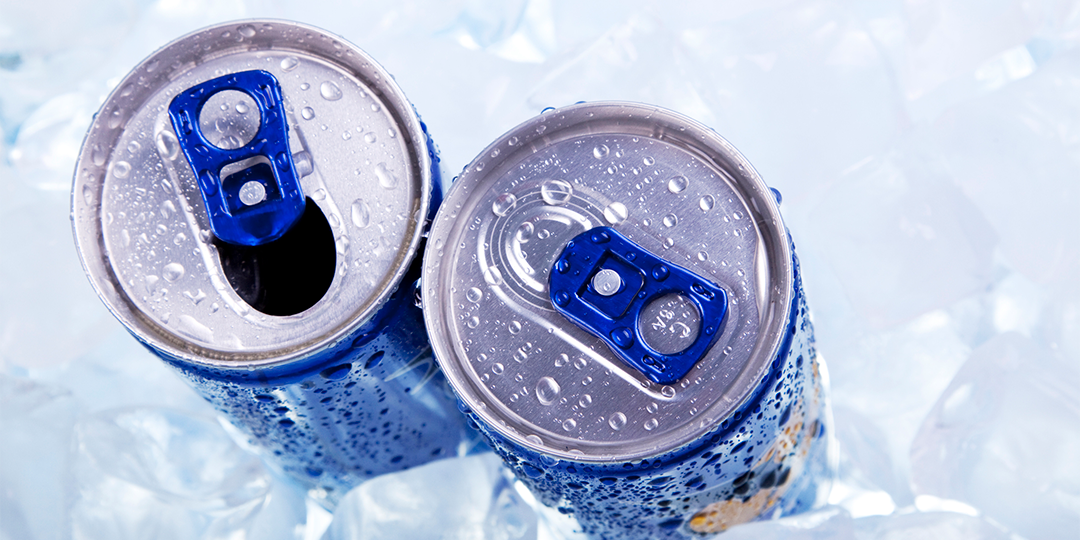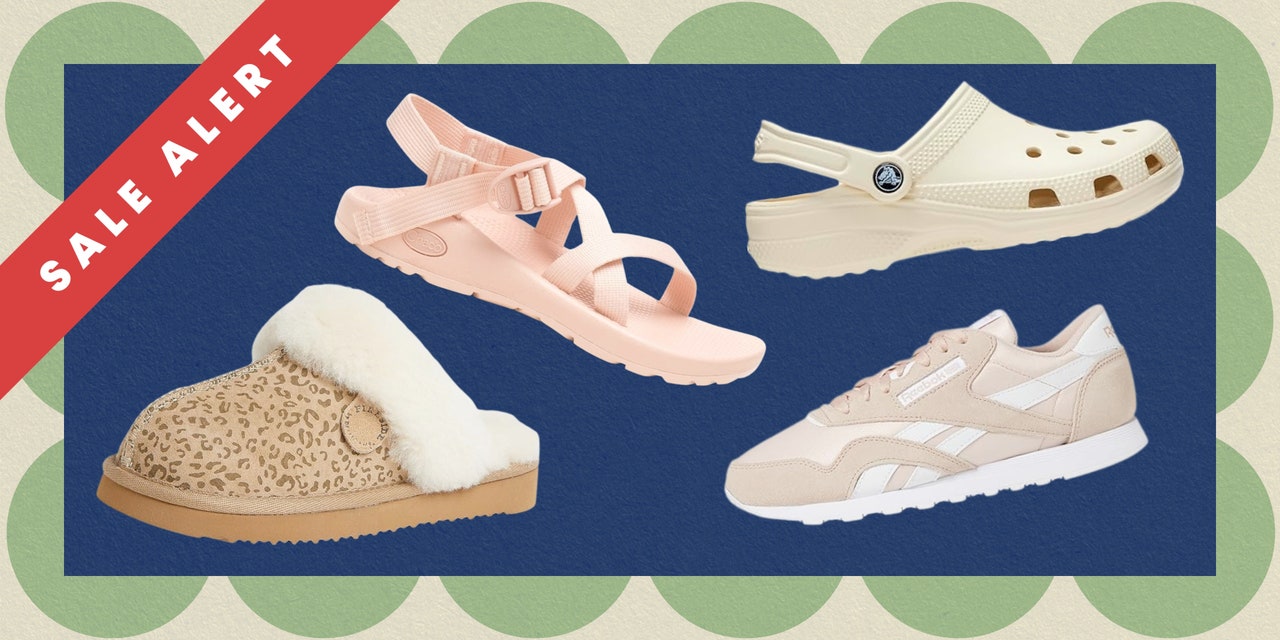Why Your Big Toes Play Such a Huge Role in Your Health and Fitness
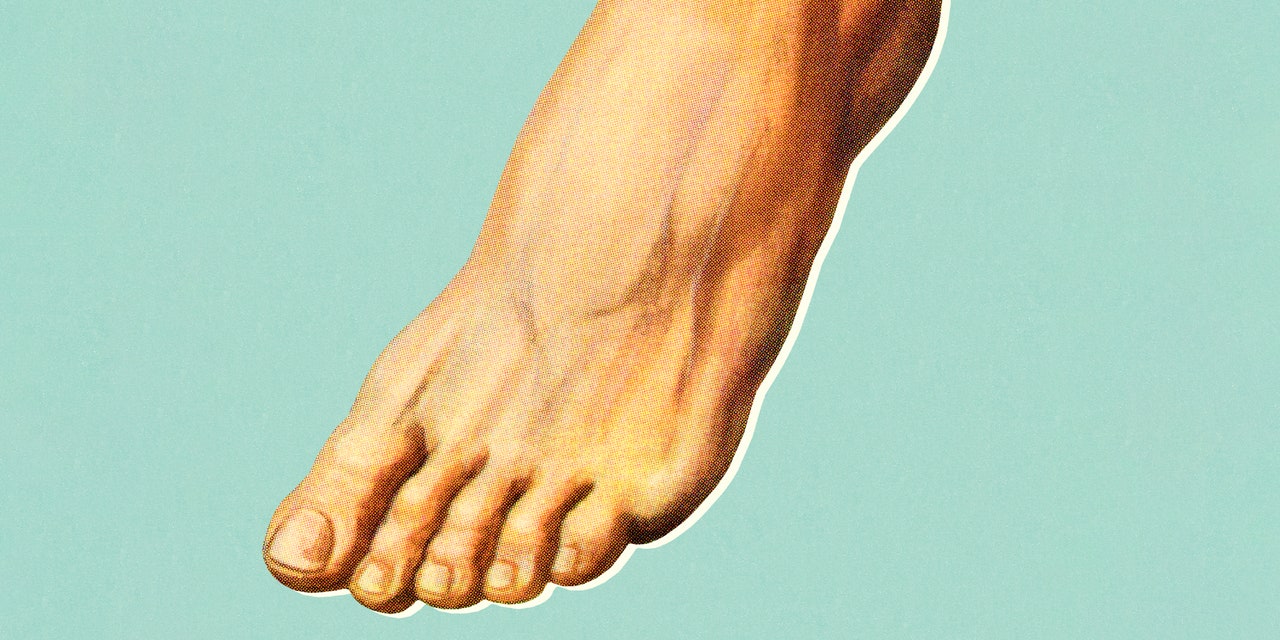
Another word of caution: If you’re feeling more pain when you get into mobility work, struggling to move your toes, or not sensing any improvement from these exercises, pay a visit to a podiatrist or physical therapist. A lot of factors can influence a rigid big toe—like bunions, improper footwear, and nerve issues, for starters—and an expert can help you tease out what’s happening if it’s persistent, Dr. Tavel says.
Below, you’ll find four expert-approved moves to increase big toe mobility, all of which are easy to try at home.
1. Gently wiggle your big toe up and down.
All the experts SELF spoke with suggest a little manual manipulation to loosen things up. A simple way to do this is to sit in a chair or on the floor (in whatever way feels most comfortable), hold one of your bare feet in your hand, and use the opposite hand to grab your big toe (again, in whatever way feels intuitive here); then, give it a slight tug away from the foot to create space in the joint, Dr. Tavel says, and slowly move it up and down through its complete range of motion, holding at the end of the range for a few seconds in both directions. (You just want to avoid moving it side to side, notes Dr. Schumacher, as your big toe joint doesn’t naturally do this motion like your thumb does.)
2. Use a wall for a deeper bend.
If you’d rather avoid touching your toes, or you want a greater stretch, Dr. Tavel recommends using a wall for support. First, with bare feet, stand facing the wall and put both hands flat against it for balance. Then, while keeping one foot flat on the floor, raise your other foot slightly to press the bottom of its toes against the wall (leaving the rest of your foot on the ground), so the wall is gently pushing your toes backward. Then bend your knee and lean toward the wall to deepen the stretch. She suggests holding that position for 20 to 30 seconds before relaxing, and then repeating a couple more times.
3. Tap gravity to stretch things out.
Because we tend to bend our big toes backward while walking (a.k.a. dorsiflexion), it can help with mobility to also extend them in the opposite direction (plantarflexion). Though you can certainly do that as part of the manual manipulation above, Dr. Ward says you can also use a step to help you out: While holding onto a staircase railing or wall for support, with bare feet, stand with your toes on the edge of a step and then slowly lower your heels (while gripping with your toes to keep them in place), dropping them past the bottom of the step as far as you feel comfortable. You should feel the stretch along the tops of your toes (and in your calves too). Hold that bottom position for 15 to 30 seconds, and repeat a couple times for maximum effect.
4. Put your big toe muscles to work.
Strength exercises for your toes and feet can also enhance your big toe mobility in a more active way. A common one is the towel scrunch, says Dr. Helfrich, where you dampen a hand towel, place it on the floor, and try to use just your bare toes (one foot at a time) to grip and pull the towel toward you (while you’re sitting in a chair). Another idea? Put a handful of marbles on the floor, and use your toes (again, one foot at a time) to pick them up and put them into a cup, Dr. Helfrich suggests.
There are also even simpler toe workouts that require zero props that you can do with shoes on (so long as they don’t have high heels), says Dr Helfrich: Try just lifting your big toe while keeping the rest of your toes planted (harder than you think!) or doing the reverse and only raising your pinky, or spreading all your toes apart while pushing into the ground. “The beauty of it is that these are pretty easy to do anywhere,” she says, while you’re sitting in a chair, say, at work, on a train, or at the doctor’s office. Particularly if you’re someone who sits for most of the day, a little toe mobility work can keep that joint loose and ready to propel your body forward each time you stand up.
Related:
- How to Tell If Your Broken Toe Is Actually a Big Deal
- The 24 Best Stretching Exercises for Better Flexibility
- A Balance Workout That Can Improve Your Stability and Strengthen Your Core
Get more of SELF’s great service journalism delivered right to your inbox.


